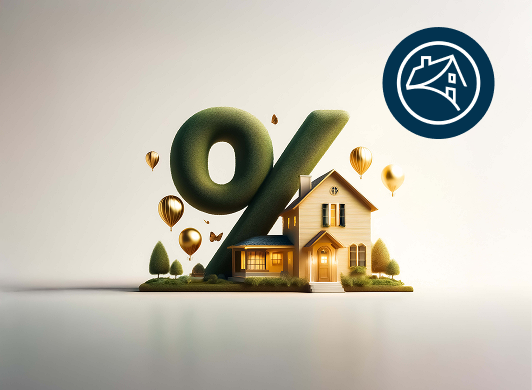Living Rent Free With Investment Properties
One way new investors approach buying investment properties is to leverage the better loan rates that apply to multi-unit properties if you plan to live in one of the units.
If you take up residence on your property, and collect rents from the other units, you can usually pay your entire mortgage and cover upkeep of the property while living rent-free yourself. This is a great way to get into real estate investing.
Just don’t get in over your head, as you’ll be living in your investment, and if you lose it, you lose your home as well.







 California
California  Oregon
Oregon  Idaho
Idaho  Colorado
Colorado  Washington
Washington 